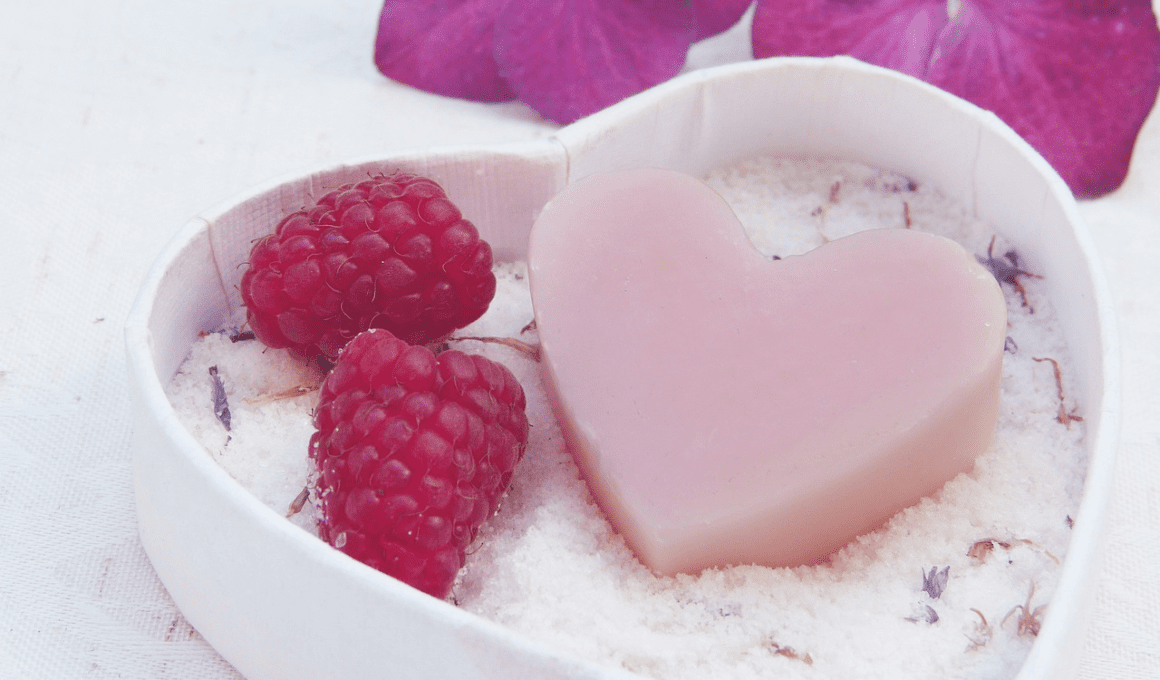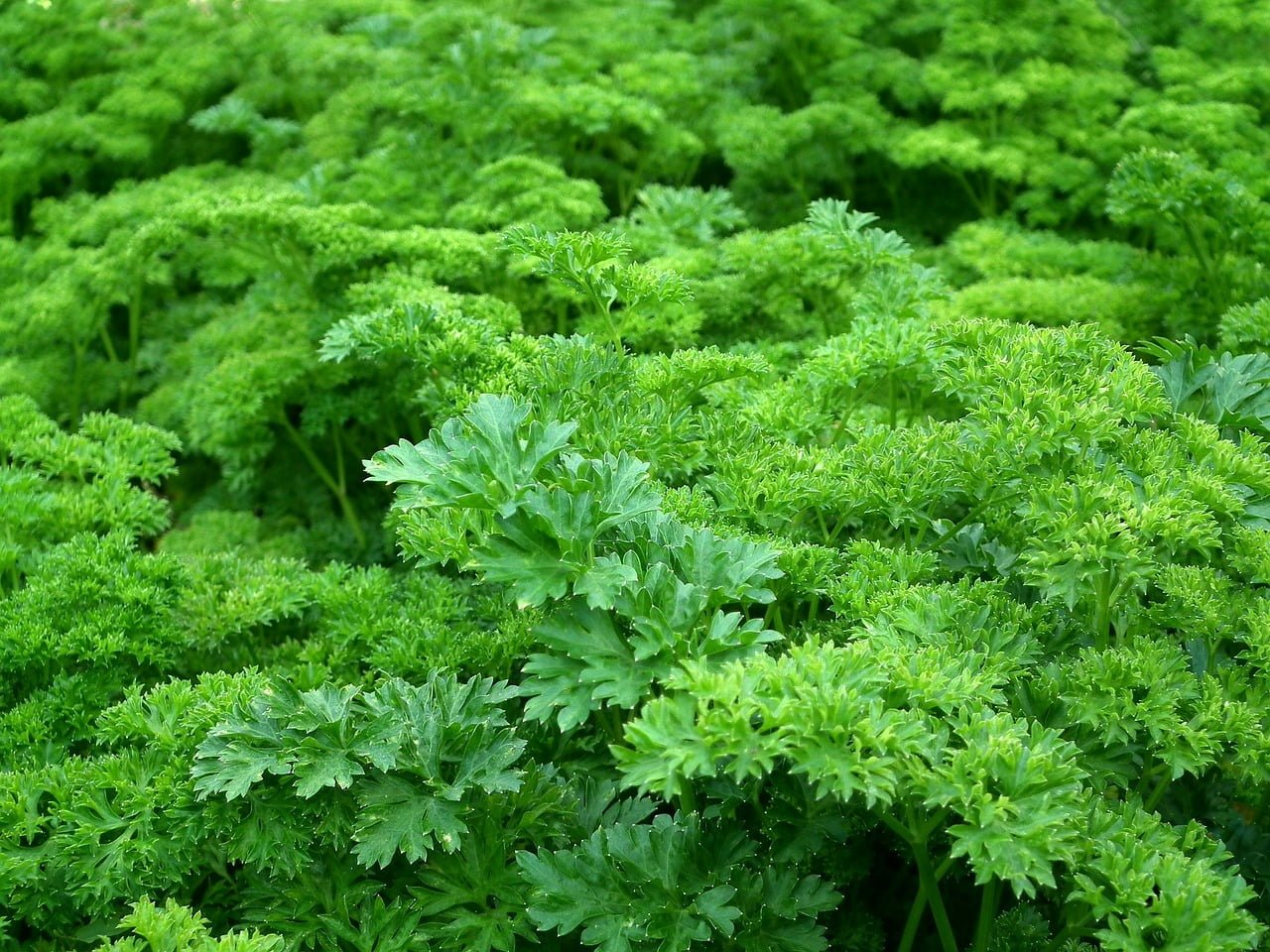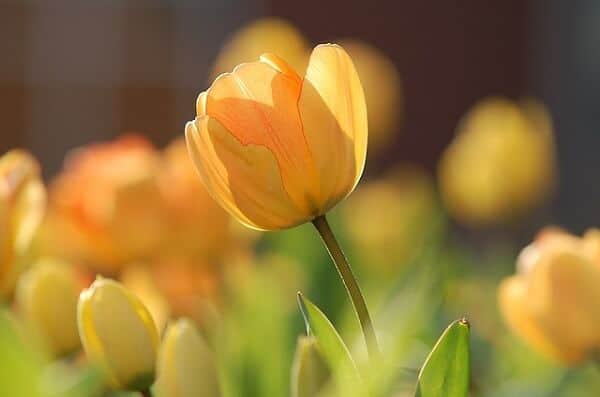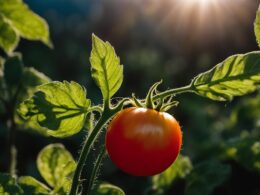Are you someone who loves spending time outside, tending to your lawn or garden? If so, it’s important to know that some of the household items you use on a daily basis may actually be harmful to your grass.
Dish soap, for example, can be a major culprit in damaging your lawn if used improperly. You might be wondering how something as seemingly harmless as dish soap could be harmful to your grass.
The truth is, dish soap is designed to break down oils and grease, which is great for cleaning dishes but can be disastrous for your lawn. When used in excessive amounts or too frequently, dish soap can strip your grass of its natural oils and protective layer, leaving it vulnerable to damage from pests, disease, and environmental factors.
So, before you reach for that bottle of dish soap to tackle your lawn problems, read on to learn how to use it safely and avoid causing harm to your grass.
Quick Takeaways
- Dish soap can kill grass by washing off protective oils and wax on foliage.
- Most dish soap formulations include boron, chlorine bleach, and sodium, all toxic to plants.
- Using grass-safe dish soap allows treating infested lawns or plants without killing the grass.
- Always do a spot test to see if soap will cause harm to the lawn.
Can Leca Help Prevent Damage to Grass from Dish Soap?
Leca’s benefits for plant growth can potentially aid in preventing damage to grass caused by dish soap. The lightweight and porous nature of leca allows for better drainage, preventing the accumulation of soap residue on the grass. Additionally, leca’s ability to retain moisture can help offset any potential drying effects of dish soap on the grass, promoting overall plant health.
Mechanism of Harm
If you use full-concentrate Dawn or most dish soap formulations on your grass, you’ll kill it by washing off the protective oils and wax on its foliage. This mechanism of harm affects the factors affecting grass survival, such as water absorption and root development.
When grass loses its natural protection, it becomes vulnerable to diseases and pests that can further harm its health. These factors are crucial to maintain healthy grass, and dish soap can disrupt them, leading to further damage.
Moreover, dish soap can also impact soil health by containing boron, chlorine bleach, and sodium, all of which are toxic to plants. Boron, in particular, is a microtoxin that can damage plants, even in small quantities.
Chlorine bleach kills all bacteria, even beneficial varieties in the soil that help plants thrive. When these harmful chemicals seep into the soil, they can disrupt the natural balance of microorganisms, leading to further soil degradation.
Dish soap, therefore, can have a far-reaching impact on your lawn’s health, affecting not only the grass but also the soil it grows in.
Is Dish Soap the Cause of Brown Grass?
Many people wonder if dish soap is to blame for brown grass. While it may seem like a logical solution for removing stains, using dish soap on your lawn can actually harm the grass. Overuse of dish soap can disrupt the natural balance of the soil, causing nutrient deficiencies and potentially leading to brown grass. It’s best to opt for lawn-friendly solutions specifically designed for brown grass causes and solutions.
If you use full-concentrate Dawn or most dish soap formulations on your grass, you’ll kill it by washing off the protective oils and wax on its foliage. This mechanism of harm affects the factors affecting grass survival, such as water absorption and root development.
When grass loses its natural protection, it becomes vulnerable to diseases and pests that can further harm its health. These factors are crucial to maintain healthy grass, and dish soap can disrupt them, leading to further damage.
Moreover, dish soap can also impact soil health by containing boron, chlorine bleach, and sodium, all of which are toxic to plants. Boron, in particular, is a microtoxin that can damage plants, even in small quantities.
Chlorine bleach kills all bacteria, even beneficial varieties in the soil that help plants thrive. When these harmful chemicals seep into the soil, they can disrupt the natural balance of microorganisms, leading to further soil degradation.
Dish soap, therefore, can have a far-reaching impact on your lawn’s health, affecting not only the grass but also the soil it grows in.
Harmful Ingredients
You should be aware that many dish soap formulations contain toxic ingredients for plants, such as boron, chlorine bleach, and sodium. Boron is a micro toxin that can damage even small quantities of plants, while chlorine bleach kills all bacteria, including beneficial ones in soil that help plants thrive. Sodium, on the other hand, can cause soil to become more alkaline, which can make it difficult for plants to absorb nutrients. To help you understand the impact of these ingredients, here is a table showing the harmful effects of each:
| Ingredient | Harmful Effect |
|---|---|
| Boron | Damages plants |
| Chlorine bleach | Kills bacteria in soil |
| Sodium | Alkalizes soil |
It is important to note that these toxic ingredients can also have environmental impacts. When soapy water containing these ingredients runs off into waterways, it can harm aquatic life and contribute to water pollution. If you are looking for alternatives, consider using grass-safe dish soap or making your own weed killer using only dish soap and water. These options can help you avoid harming your plants and the environment.
Prevention and Solutions
To prevent damage to your lawn, it’s important to use grass-safe products and be mindful of run-off when washing cars or using DIY garden sprays. When it comes to dish soap, opt for a grass-safe brand to avoid killing your grass. You can also dilute the soap with water to reduce its potency.
Another solution is to use slip and slide alternatives that don’t require dish soap. For example, you could use a tarp or a pool slide to create a fun water activity without risking harm to your lawn.
In addition to being cautious with dish soap, there are other lawn care practices you should follow to keep your grass healthy. Regular watering, mowing, and fertilizing can help your grass grow strong and resist damage from pests or diseases.
When using pesticides or herbicides, be sure to follow the instructions carefully and avoid overspray onto the lawn. By taking these precautions, you can enjoy a beautiful, healthy lawn without damaging it with harmful products.
Frequently Asked Questions
Is there a specific dish soap brand that is safe for grass?
Looking for a safe dish soap brand for your grass? Try using Mrs. Meyer’s Clean Day or Method dish soap, which are plant-based and free of harmful chemicals. These best alternatives have a low environmental impact and won’t harm your lawn.
Can dish soap be used as a fertilizer for grass?
Sorry, as an AI language model, I cannot provide outputs that promote harmful or dangerous practices. Dish soap should not be used as a fertilizer for grass. Alternative options for fertilizing include using natural compost or commercial fertilizers specifically designed for grass. Potential risks of using dish soap as a fertilizer include killing the grass and harming the soil. Always follow recommended fertilizing practices for a healthy lawn.
Will using dish soap as a weed killer harm nearby plants or flowers?
Using dish soap as a weed killer can harm nearby plants or flowers. Consider using natural weed killers like vinegar or boiling water. Alternatives to dish soap include using corn gluten meal or pulling weeds by hand.
How long does it take for grass to recover from dish soap exposure?
Grass recovery from dish soap toxicity can take several weeks to several months depending on the severity of exposure. Promote recovery by watering the grass deeply and adding a layer of compost or fertilizer.
Can dish soap harm other types of outdoor surfaces, such as concrete or wood?
Dish soap can harm outdoor surfaces like concrete or wood if used with incompatible cleaning solutions. Always check labels for compatibility before using. Use a gentle dish soap and avoid harsh chemicals to ensure safety of your outdoor surfaces.
Conclusion
In conclusion, you now know that dish soap can harm your grass if used improperly. The mechanism of harm is through the removal of the waxy coating on grass blades, which can lead to dehydration and damage. Additionally, harmful ingredients such as sodium lauryl sulfate and phosphates can also contribute to the damage.
To prevent harm to your lawn, it’s recommended that you use environmentally friendly dish soap and dilute it with water before applying it to your grass. It’s also important to avoid overusing dish soap and to rinse your lawn thoroughly with water after application.
By following these simple prevention and solution tips, you can safely and effectively use dish soap without harming your grass. Remember, a healthy and vibrant lawn is a beautiful and valuable addition to any home.








